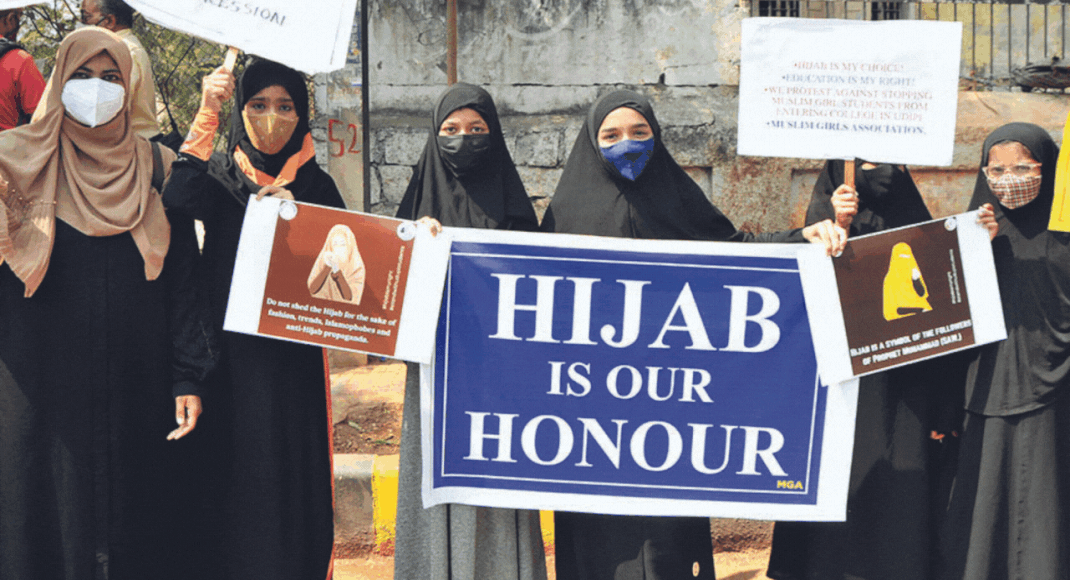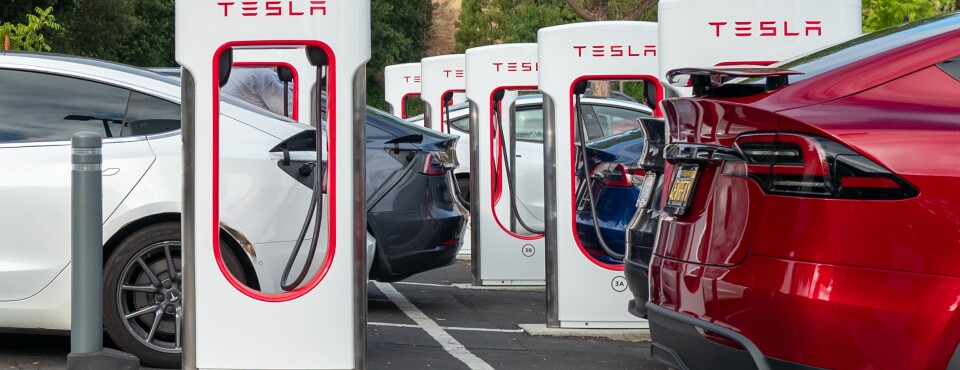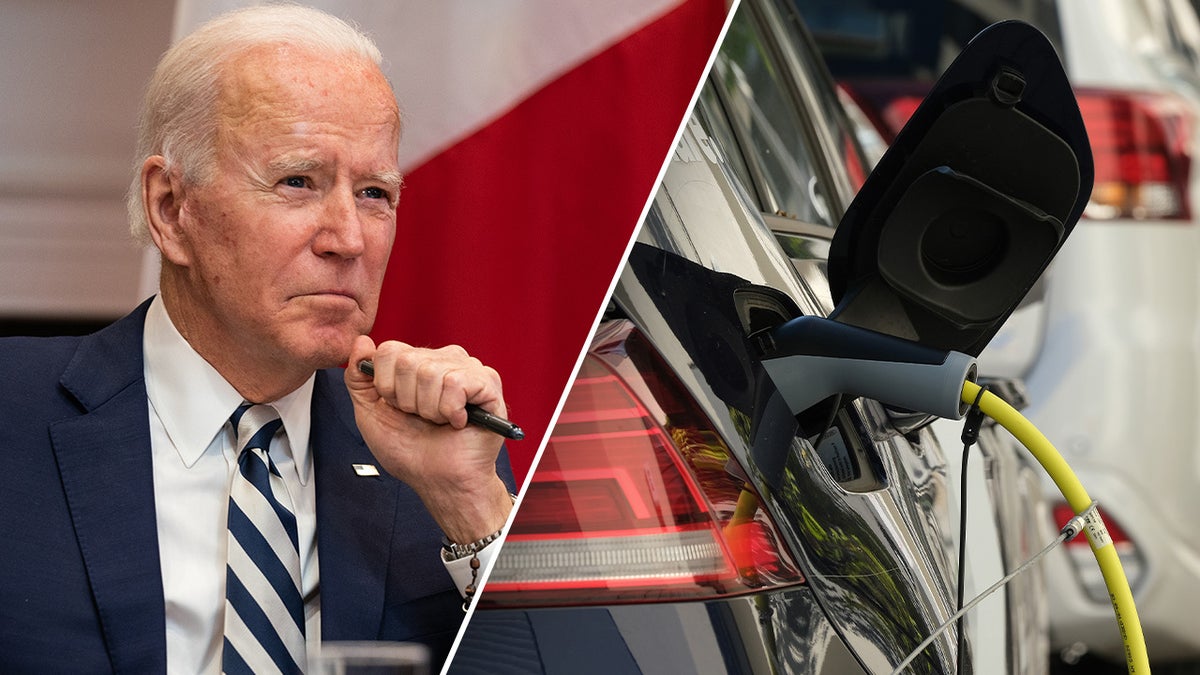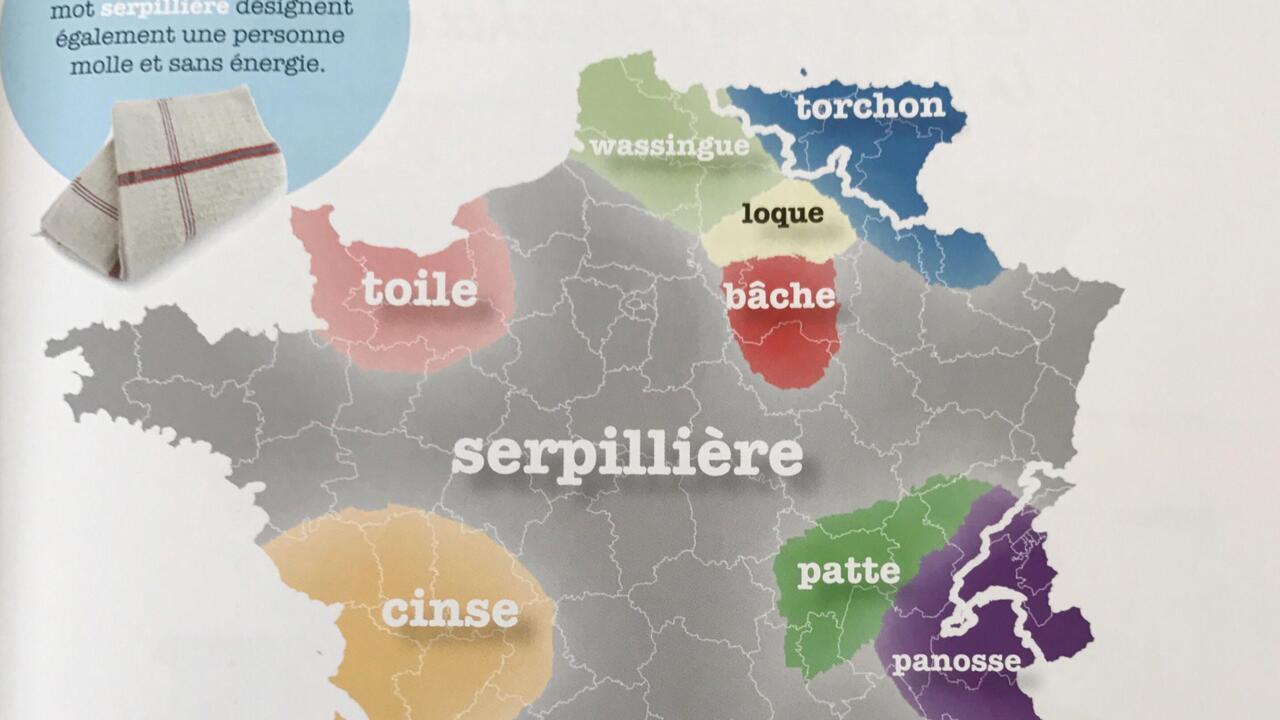Debate Intensifies: Macron's Party Pushes For Public Hijab Ban On Under-15s

Arguments in Favor of the Proposed Hijab Ban
Proponents of the proposed hijab ban for under-15s in France base their arguments on two primary pillars: the protection of minors and the upholding of secular values.
Protection of Minors
A central argument in favor of the ban is the assertion that it protects underage girls from undue pressure to wear the hijab. Supporters suggest that girls of this age may not fully grasp the implications of their religious choices, making them vulnerable to coercion.
- Claim of safeguarding children from potential coercion by families or communities: Proponents argue that the ban acts as a safeguard against what they perceive as forced religious adherence, ensuring children's autonomy.
- Emphasis on the importance of allowing children to develop their own identities free from external religious pressures: The argument emphasizes the importance of childhood as a formative period for self-discovery and identity formation, unburdened by potentially imposed religious obligations.
- Focus on promoting the integration of young Muslim girls into French society: Supporters believe that the ban facilitates the integration of young Muslim girls into mainstream French society by removing a potential barrier to social interaction and acceptance. This connects the Macron hijab policy directly to broader goals of national integration.
Upholding Secular Values
The proposed ban is also framed as a reinforcement of France's strong tradition of secularism, known as laïcité. Supporters argue that the public display of religious symbols, especially among minors, contradicts the principle of state neutrality in religious matters.
- Reference to historical context of French secularism and its principles: This argument often draws upon France's historical commitment to secularism and its implications for public life.
- Arguments about maintaining neutrality of the state in matters of religion: The core principle here is that the state should remain neutral regarding religious expression in public spaces. The French hijab debate is seen through the lens of maintaining this neutrality.
- Concerns raised about potential societal divisions stemming from visible religious markers: Proponents believe that the visibility of religious symbols in public spaces can contribute to societal divisions and tensions, making the ban a measure to prevent this.
Arguments Against the Proposed Hijab Ban
Opponents of the proposed ban raise serious concerns about its impact on religious freedom, its practicality, and its potential to exacerbate social polarization within France.
Violation of Religious Freedom
Critics vehemently oppose the ban, arguing that it constitutes a direct violation of the fundamental right to religious freedom, guaranteed by international human rights treaties. They fear the ban will lead to discrimination and marginalization of Muslim girls and their families.
- Violation of human rights principles guaranteed by international treaties: This argument highlights the incompatibility of the ban with internationally recognized human rights standards.
- Concerns about the potential for increased stigmatization and prejudice against Muslims: Opponents warn that the ban will reinforce negative stereotypes and fuel discrimination against the Muslim community in France.
- The argument that the ban is disproportionate and ineffective in addressing potential issues: Critics argue that the ban is an overly restrictive response to complex societal issues, and that less intrusive methods could achieve similar goals. This challenges the effectiveness of the Macron hijab policy.
Ineffectiveness and Practical Challenges
Beyond the human rights concerns, opponents highlight the practical difficulties of enforcing such a ban and question its overall effectiveness.
- Concerns about the feasibility and cost of enforcement: Implementing and enforcing the ban would require significant resources and potentially lead to increased police surveillance of Muslim communities.
- Potential for increased police surveillance of Muslim communities: This raises concerns about potential profiling and discriminatory practices.
- Argument that the ban could drive religious practices underground, making it harder to monitor: Critics argue the ban might have the unintended consequence of pushing religious practices into less visible spaces, hindering effective monitoring and creating a more secretive environment.
Potential for Increased Social Polarization
Many fear that the proposed legislation will further deepen social divisions and exacerbate tensions between the Muslim community and the wider French population.
- Potential for fueling Islamophobia and anti-Muslim sentiment: Opponents warn that the ban could create a climate of intolerance and discrimination against Muslims.
- Concerns about the impact on social cohesion and integration efforts: This highlights the potential for the ban to undermine ongoing efforts to promote social cohesion and integration.
- Call for dialogue and understanding rather than divisive legislation: Critics advocate for dialogue and mutual understanding as more effective means of addressing the underlying concerns.
Conclusion
The debate surrounding Macron's party's push for a public hijab ban on under-15s in France is highly complex and deeply divisive. The arguments for the ban center on protecting minors and upholding secular values, while opponents highlight concerns about religious freedom, practical challenges, and the potential for increased social polarization. The potential long-term consequences of such legislation remain uncertain, necessitating careful consideration of its implications for religious freedom, human rights, and social harmony. This ongoing hijab ban France debate demands thoughtful consideration from all stakeholders. Understanding the various perspectives and potential consequences is crucial before reaching a conclusion. Further discussion and engagement are vital to finding solutions that respect the rights of all citizens while upholding the principles of a secular society. Let's continue the conversation about this crucial aspect of the French hijab debate and find common ground.

 Auto Dealers Intensify Fight Against Electric Vehicle Regulations
Auto Dealers Intensify Fight Against Electric Vehicle Regulations
 Could Jonathan Groff Win A Tony For Just In Time A Broadway Analysis
Could Jonathan Groff Win A Tony For Just In Time A Broadway Analysis
 Car Dealerships Push Back Against Ev Sales Requirements
Car Dealerships Push Back Against Ev Sales Requirements
 L Approche De Mathieu Avanzi Sur L Evolution Du Francais
L Approche De Mathieu Avanzi Sur L Evolution Du Francais
 Etoile Gideon Glick And Jonathan Groff Reunite In Hilarious Spring Awakening Scene
Etoile Gideon Glick And Jonathan Groff Reunite In Hilarious Spring Awakening Scene
